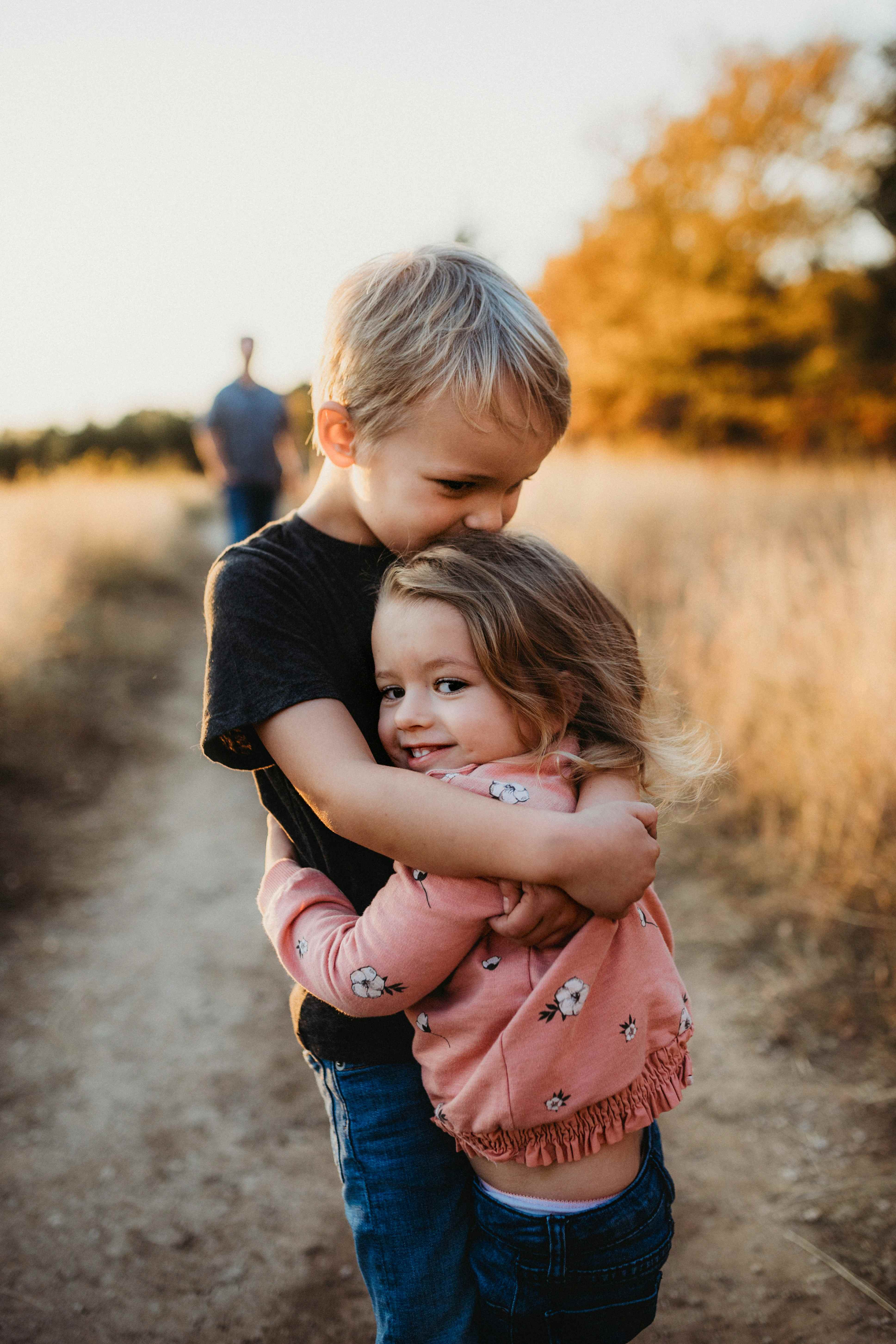

Grants are available for local and national charities who are working with vulnerable and disadvantaged children and young people (aged 0 to 18 years) and families experiencing household domestic abuse.
Children who have experienced domestic violence are more likely to struggle with mental health problems, low self-worth, develop unhealthy coping mechanisms and may begin to repeat behaviours seen in their domestic setting.
The MCF is interested in funding projects that work with vulnerable and disadvantaged children and families towards the following outcomes:
As part of our commitment to being an evidence-led funder we will consider funding the evaluation costs of projects, particularly when it is a new project and the charity will then be able to use the evaluation to support its future funding proposition.
These grants are for smaller charities whose annual income is between £25,000 and £500,000. Small grants are unrestricted and do not have to be used on a specific purpose, although we do ask grant recipients to report on how they used the funding. Small grants range from £1,000 – £5,000 per year, for up to three years.
The total amount of the grant requested must not exceed 20 per cent of the total income of the charity, averaged over the past two years.
These grants are for larger charities whose annual income is between £500,000 and £5m. Large grants are restricted for specific projects with defined goals and budgets, and may be spent on, for example, salaries, equipment, training, monitoring and administration. Large grants usually range from £10,000 to £60,000 in total spread over one to three years. The MCF has a preference for multiyear funding (for example, £20,000 per year for three years or £30,000 per year for two years). We will consider one year grants only in exceptional circumstances such as for pilot projects.
This is a rolling programme for both Small and Large grants.
Grants are available for community groups to run one or more events during British Science Week 2026.
TNLCF are looking for 10 partner organisations to work with them to tackle health inequities in England caused by structural racism and discrimination.
This funding is intended to support early-stage, exploratory projects that aim to spark new ideas and innovative approaches to community engagement with heritage.